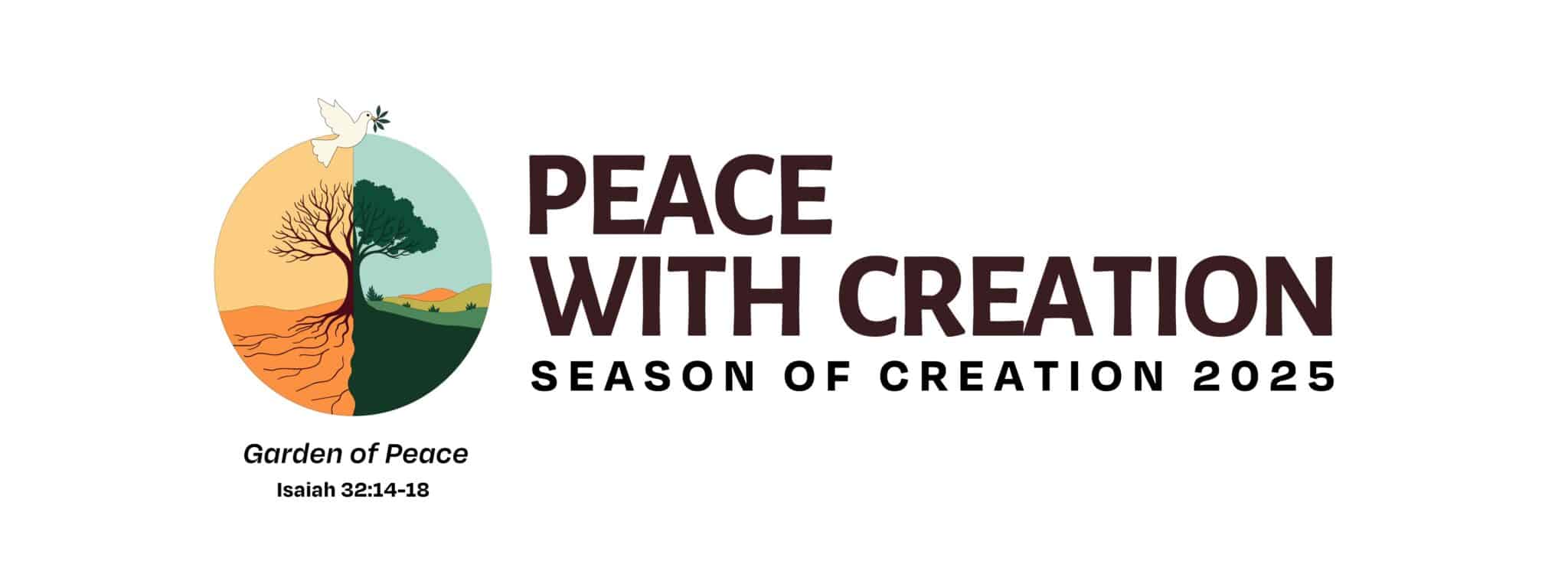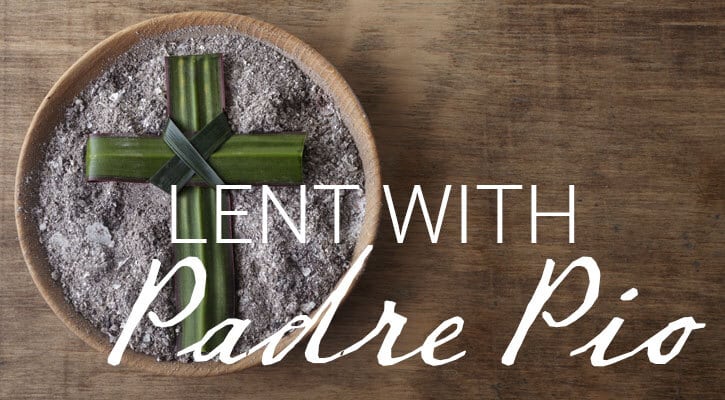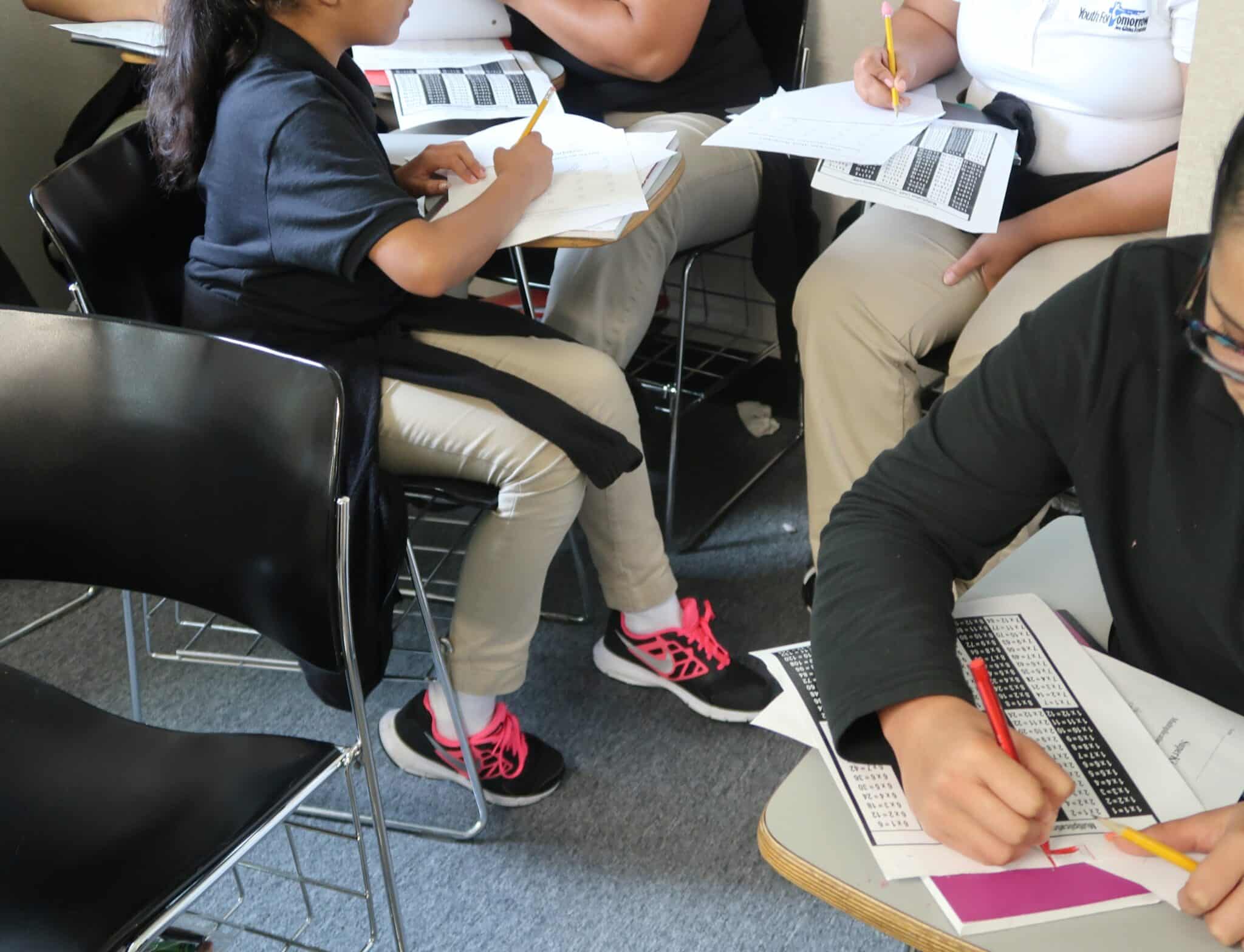As we prepare to celebrate Easter, this author reminds us that miracles are all around us.
When I began writing about miracles, I questioned myself. Who am I to write about miracles? My only qualification is knowing—without a doubt—that miracles have entered my life. Sometimes they happened so slowly that I barely recognized them by the time they arrived.
Of course, miracles are much more than just wishes coming true. I spent years praying for many other things that never happened, and now I pray only for knowledge of God’s will, not for specific things. And in doing this, I have witnessed, as Teilhard de Chardin writes, “the slow work of God.” I’ve watched loved ones recover from diseases, from accidents, from heartache. Sometimes it has taken years.
I now believe that some miracles happen in a moment, while others unfold at a pace that only God understands. When we are in pain, we want it gone now. But when we look back and see how a particular trouble unknotted itself almost imperceptibly, we ask ourselves why we doubted God’s presence.
The miracle of the Easter season is no exception. In the familiar stories of grief-stricken women weeping at Jesus’ tomb, we see vividly how the pain of crucifixion is wiped away by the miracle of the resurrection. Just when all hope seemed to be lost, the miracle shone forth.
Hand to Hand
I’ve been intrigued with the Gospel story of Jesus walking on the water ever since I was a little girl. I thought about it often as I spent summers frolicking in a lake, fishing for sunnies, and bailing out the wooden rowboat after a heavy rain. How did Jesus stay on top of the waves?
This miracle is one of my favorites because I grasped it as a child and have carried it with me into my entire adult life. I love water; I live with it surrounding me in brooks, rivers, ponds, lakes, and reservoirs. I have never seen anyone walk on it. The simple purity of this miracle is that it’s so clear: Only a divine being could do it. Only Jesus.
I regularly meditate on this miracle because I sit in the same pew each time I attend Mass (don’t we all?). On my left the story is told in the window, in cobalt and white pieces of glass. Jesus, high up, is pulling Peter from the depths of the water. Their eyes meet as their hands, bound together, hold the key to the story: that Jesus, with hands both human and divine, will rescue us.
In the familiar story, Peter, at Jesus’ invitation, walked across the water to meet him. Becoming frightened, Peter began to sink. At this desperate moment when his life was in danger, he cried out to Jesus for help. “Immediately Jesus stretched out his hand and caught him, and said to him, ‘O you of little faith, why did you doubt?'” (Mt 14:26-33).
That outstretched hand is the reason I love the quote from the Prayer of St. Teresa of Avila, “Christ has no hands on earth but yours.” Recently, I held my father’s hand for hours as he was dying. Living four states away, and in the middle of the pandemic, I consider it a miracle that I was able to spend that time with him. I hadn’t held his hand since I was a teenager. It was, and wasn’t, the same hand I remembered. Beyond bony now, it was the hand of a man who was losing strength and fading from life. In his hospital room, I prayed and prayed. Not for anything in particular, just an afternoon of Hail Marys as he moved in and out of consciousness. I held his hand until I had to go, because I needed to drive four hours home. I left him as dusk began.
I remembered, then, the last time I had held his hand. When I was 18, my 12-year-old brother had a brain tumor. The morning of my brother’s surgery, my father and I went to Mass. He held my hand at the Our Father. I am certain that with bowed heads and eyes closed tight, we both prayed for a miracle, that my brother would survive. And he did.
Was that a miracle? To me, it was.
My ruminating about the miracles of God being there, in human hands, is further underscored by my father’s passing. My brother and sister were not able to get there in time. Alone in the hospital, my father died just after dawn with a nurse holding his hand. I found out who she was a few days later: a woman named Danielle—a stranger, and yet a person who chose to show the deepest compassion. I’m grateful for the kindness showered on my father by a woman he never knew, a woman of integrity and honor. A good woman was the bridge between this world and the next. To me, this is God. To me, this is a miracle. Perhaps another miracle will come if I can find her and thank her.
The power of these miracles is that they hold momentum within them. Every time I witness kindness, forgiveness, or mercy, I am filled with possibilities. A miracle of any dimension reaches into our hearts. The tiniest of lights becomes a center that increases and dispels the dark, the way the Christmas star first tells us of what is coming; and as our liturgy unfolds throughout the year, the light grows brighter and brighter. It is only temporarily snuffed on Good Friday, and then he returns to us in full blaze.
The truth about miracles—all miracles, and especially the miracles of Easter—is that they often show up when we are hurt and shut down, lost and crushed.
Heart to Heart
An encounter on Christmas Eve left me with the realization that before any miracle appears, it’s a gift to actually believe in them. Without that belief, they are harder to see. My own path crossed with a stranger—yes, I was inspired to pay it forward by the miracle of the nurse who had held my father’s hand. I was headed into the expansive grocery store that is within walking distance of my house. My task that morning was easy: Head to the floral section and purchase two bouquets of a dozen roses for a pair of friends I was meeting later.
As I passed the outdoor shopping carts, an older man exited as I was entering. He carried a bag of chocolate truffles in one hand and a festive bouquet of carnations in the other.
I greeted him. “Good morning! I’m here to buy flowers too!”
My words startled him, and his eyes, above his mask, shifted in expression. He hesitated. “Oh, yeah, well—these are for my wife’s grave.”
There are times you know that you are being asked to be Christ’s hands. We’re called to listen to what a stranger might need to say. “I’m so sorry,” I said.
“Yeah, well, these are for her.” He lifted up the nosegay; plaid ribbons blew. “And these”—he shook the chocolates— “are for a lady friend of mine. We’ve been friends since childhood. She has Stage 4 cancer. She’s got about four months to live. So . . .” he trailed off.
“Wow. That’s a lot,” was all I could muster. There were no words I could offer to lessen his pain.
He seemed relieved to talk, though. “I take care of all the graves at the West Avon Cemetery. For my wife, I found a deep green bowl. I fill it with water and put it near my wife’s headstone.”
I tried to offer him a tiny hope: “Carnations last.” We fell silent for a moment, in honor of her. “It’s rough.” I placed my hand over my heart, pressing on the down of my puffer jacket. “I have a deep faith, and that helps me, but you know, it can be hard.”
The widower shook his head. “It’s too much. My wife’s been gone six years. My friend is dying soon. Faith? It’s hard for me to find it. Sometimes I feel I’ve been given more than my share. I wonder, why me?”
I emphatically nodded my head to compensate for my mask not showing my full face of compassion. I wanted to convey that it made sense how crushed he felt. I, too, have asked, Why me?
“Life.” He shrugged.
Carrying grief’s sharp scissors in my gut, I felt a kinship with him. “My dad died three weeks ago.” It still felt strange to say those words.
It was his turn to nod in understanding. More people entered the store; we had to end our interaction. “Well, I don’t know if I will ever see you again,” he said wistfully. “But it was nice talking to you. Good luck getting your flowers. They don’t have much of a selection.”
Now worried that the tips of the petals would be browned and the heads bent, I rushed through the aisles to get to the florist. But when I approached, it became apparent to me what the grave keeper’s grief had kept him from seeing. I could barely walk through the various tin buckets wet with white lilies in tissue paper. As if it were still August, batches of sunflowers stood on their wide stems. The floor overflowed with poinsettias, leaves twinkling with silver glitter. Glass refrigerator doors steamed with shelves of roses, the buds tightly whorled in colors that made me dizzy.
The abundance surrounding me was the opposite of what the grieving man had perceived. He was long gone from the parking lot, but I wanted to run after him and shout, “Come back!” so I could show him all the wonder that was really here.
I didn’t want to contradict him that he was mistaken. I longed to stand beside him in his grief so he wouldn’t be alone in it, and then, perhaps, freed from agonized loneliness, he, too, could see all the beauty. All the miracles.
Seeing and Believing
I wonder about all the times in my life I was unable to see miracles that were right in front of me. I know they’re there—plentiful and precious—but if we’re hurt and shut down, it makes them hard to see. And that’s when they are the most powerful.
In the array of images that we revisit each year on Good Friday, it’s Veronica touching Christ’s face with a cloth that often moves me most. A woman reaching out with her hands, amid his suffering, offering tenderness. The miracle is of her offering it back to him, all the love that he has given.
It took me off guard, that abundance of Christmas flowers in the grocery store. It filled me with the same exhilaration that comes after the ashes and emptiness of Lent, when I can finally walk into the church on Easter and know the altar is full of lilies because I can inhale their perfume even before seeing them. Their nearness and fullness always come as a shock. To me, that is the truest miracle.
Year after year, we return to this story because he returns to us. No matter how much despair, darkness, or destruction in our world—or death—Jesus transcends it. We become like overflowing pots of Easter lilies, our faces like the blossoms looking every which way in the church. A joyous crowd, looking around. Finding him everywhere.








